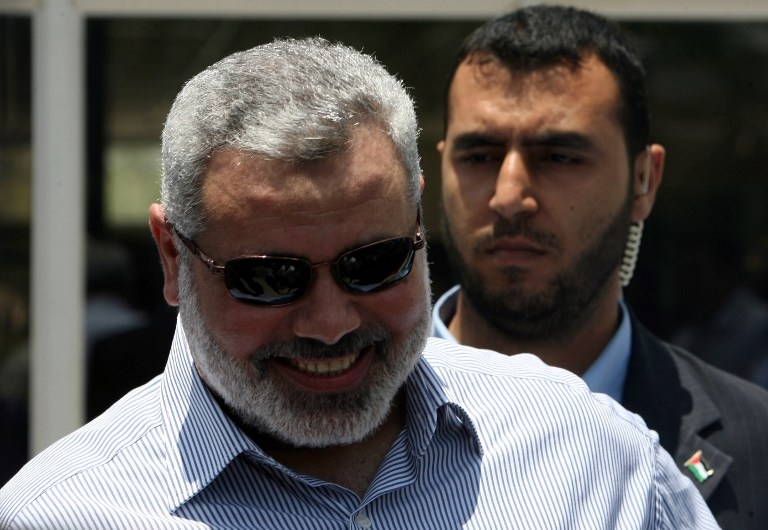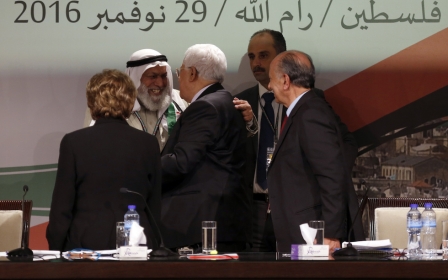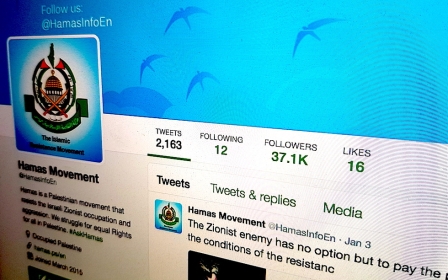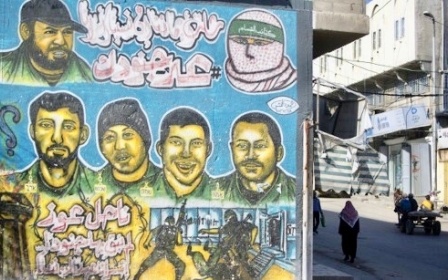Hamas leader praises Egypt after Gaza return

Senior Hamas leader Ismail Haniya returned to Gaza Friday after five months abroad, an AFP reporter said, praising improving ties with neighbours Egypt.
Haniya, Gaza head of the Islamist movement, left in September to perform the Muslim hajj pilgrimage in Saudi Arabia, returning via Gulf countries and Egypt, where he sought to mend frayed relations.
"The movement's delegation completed a successful visit to Egypt," a Hamas statement read, saying they had a series of "fruitful" meetings with Egyptian officials, including head of general intelligence Khaled Fawzy.
Upon his return home in the Shaati refugee camp west of Gaza city, Haniya told journalists the relationship with Egypt was improving.
"(Hamas) will continue to develop this relationship and strengthen it," he said.
It was Haniya's first trip outside Gaza since the isolation and eventual overthrow of Mohammed Morsi, Egypt's Islamist president and Hamas ally, in 2013.
Relations between Egypt and Hamas soured following Morsi's overthrow and the subsequent election of former military leader Abdel Fatah al-Sisi.
Egypt's army largely closed the border with Gaza after Sisi's rise to power, destroying dozens of illegal trade tunnels that brought in a key part the Gazan economy.
Cairo has accused Hamas of supporting Morsi's Muslim Brotherhood movement and even of involvement in the 2015 assassination of Attorney General Hisham Barakat.
However relations between the Islamist Palestinian faction and Sisi's government have improved in the past year and the Rafah crossing between Gaza and Egypt is due to open Saturday for a few days.
Hamas has run Gaza since 2007 after a near civil war with rival Palestinian faction Fatah.
Middle East Eye propose une couverture et une analyse indépendantes et incomparables du Moyen-Orient, de l’Afrique du Nord et d’autres régions du monde. Pour en savoir plus sur la reprise de ce contenu et les frais qui s’appliquent, veuillez remplir ce formulaire [en anglais]. Pour en savoir plus sur MEE, cliquez ici [en anglais].




